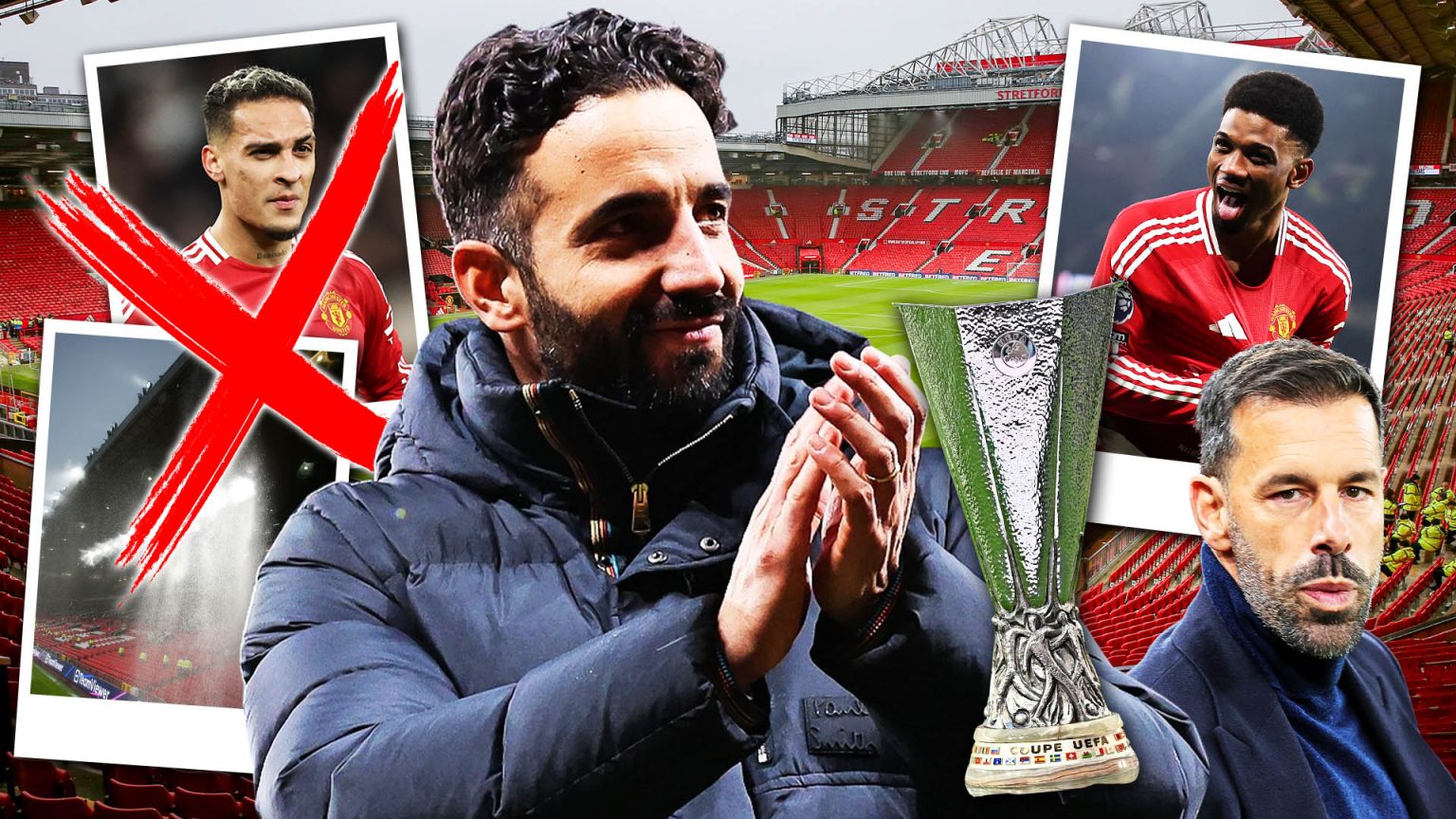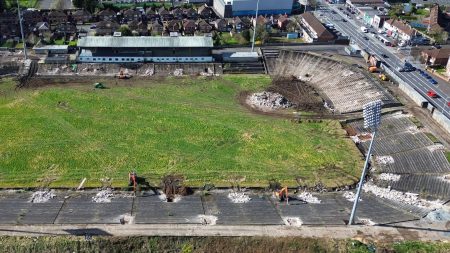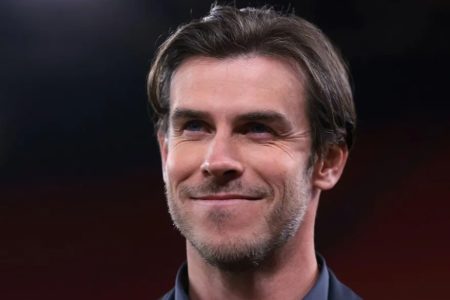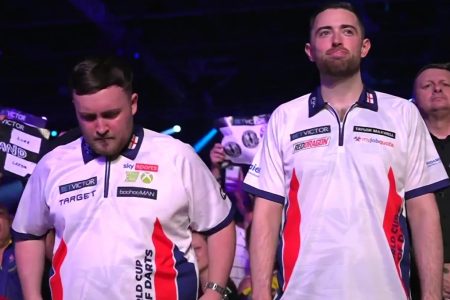Ruben Amorim’s blunt assessment of Manchester United as potentially the “worst team in their history,” following a string of poor results culminating in a 3-1 home defeat to Brighton, paints a bleak picture for the club. Amorim’s candid admission, even aimed at grabbing headlines, underscores the gravity of the situation and the urgent need for change. This comes on the heels of his earlier statement acknowledging the possibility of relegation, a stark admission for a club of Manchester United’s stature. However, amidst the gloom, glimmers of hope remain for the Red Devils, offering fans reasons to maintain a semblance of optimism.
One prominent beacon of hope is the emergence of Amad Diallo. The Ivorian winger has revitalized the attack with his electric performances, scoring crucial goals against formidable opponents like Manchester City and Liverpool, capped off by a remarkable hat-trick against Southampton. Diallo’s performances have been so impactful that it raises questions about his previous lack of consistent playing time. His form suggests the potential for him to become a truly exceptional player for Manchester United, providing a much-needed spark in their offensive efforts.
Another potential source of optimism lies in the planned renovations of Old Trafford. While the current state of the stadium is a cause for concern, with its dated infrastructure, plumbing issues, and even rodent infestations, plans are underway for a significant overhaul. A task force is exploring options for either a major facelift or the construction of a brand-new, state-of-the-art stadium. The prospect of a modern, world-class venue can rejuvenate the matchday experience and symbolize a fresh start for the club. This investment in infrastructure reflects a commitment to the future and provides a tangible symbol of progress for fans to rally behind.
Despite their current league position, languishing in the lower reaches of the table, Manchester United’s odds of Champions League qualification remain surprisingly favorable. This stems from their status as joint-favorites to win the Europa League, a competition that offers a direct path back to Europe’s elite club tournament. While their league form has been disappointing, their performances against stronger opposition offer a glimmer of hope. Notable results against Arsenal in the FA Cup, a hard-fought draw against Liverpool, and a dramatic victory against Manchester City suggest that the team possesses the potential to rise to the occasion against tougher competition, a trait that could prove crucial in their Europa League campaign.
Furthermore, Manchester United’s inconsistent performances this season, with losses to teams like Ipswich, Wolves, West Ham, Crystal Palace, and Tottenham, yet victories against stronger sides like Arsenal and Manchester City, suggest an underlying potential that remains untapped. These victories against top-tier opponents demonstrate that the squad has the capability to compete at a high level, even if they have struggled to maintain consistency. Harnessing this potential and translating it into consistent performances will be key to their revival.
The potential departure of high-priced players like Antony, coupled with a more prudent approach to spending under the new ownership, offers hope for a more sustainable and sensible financial strategy. Previous extravagant expenditures, such as the hefty contract awarded to Marcus Rashford and the substantial fee paid for Antony, have come under scrutiny. A more measured approach to player acquisitions and contract negotiations could pave the way for a more balanced and financially responsible future.
Amorim’s commitment to a specific style of play, even in the face of adversity, provides a sense of direction and stability. This contrasts with previous managerial regimes that appeared to lack a clear tactical identity. While this commitment may lead to short-term struggles, it suggests a long-term vision and a belief in the chosen system. Adherence to a consistent philosophy could ultimately yield positive results as the players become more accustomed to the manager’s approach.
Finally, the struggles of former Manchester United player Ruud van Nistelrooy as manager of Leicester City, who are currently mired in a relegation battle, offer a slight, albeit indirect, source of solace. While Leicester’s woes do not directly solve Manchester United’s problems, they do lessen the immediate threat of being dragged into a similar relegation scrap. This allows the team to focus on their own recovery without the added pressure of a direct relegation battle.
In conclusion, despite the current dire situation and Amorim’s stark assessment, reasons for optimism remain for Manchester United. The emergence of Diallo, the planned Old Trafford renovations, the potential for Champions League qualification, the ability to compete with top teams, a more prudent financial approach, a commitment to a consistent style of play, and the struggles of a relegation rival all offer glimmers of hope amidst the gloom. While the road to recovery will undoubtedly be challenging, these factors provide a foundation upon which to build and offer fans a reason to believe in a brighter future.











